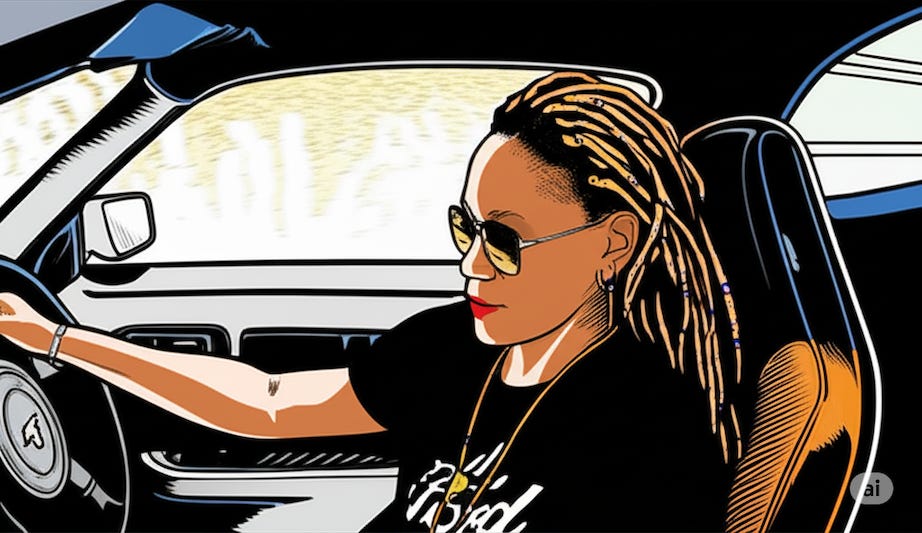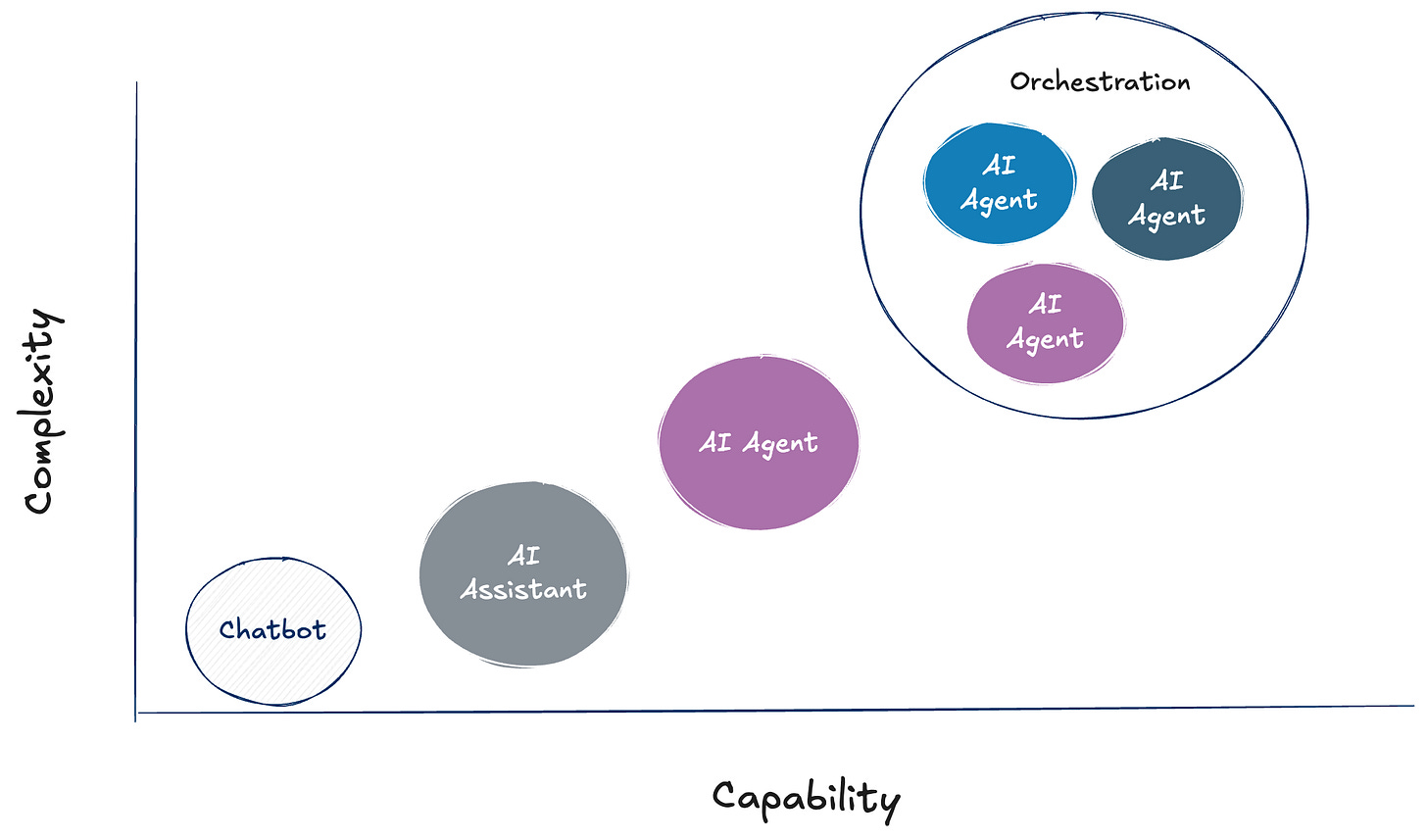Hey! 👋 It’s been a minute. Life has taken a big turn — I recently joined Ford. Yes, that Ford. 🚗
After years in startups and mission-driven orgs, stepping into a 100+ year-old global company has been… a shift. Let’s just say the scale is massive, the acronyms are endless, and my calendar has never been so booked. 😅
But here’s what’s exciting: I’m diving deep into AI, and it’s not just theoretical. We’re talking real-world applications that impact millions of drivers. I’ve been learning how legacy systems, product thinking, and machine learning intersect — and it’s stretching me in the best way.
This month, I’ll share what it’s been like adjusting to corporate culture after years in startup environments, plus some early takeaways from my AI crash course.
Let’s get into it.👇
Life at Ford: First Few Months
Joining Ford has been a shift — not just in scale, but in how I show up as a leader.
This is the largest organization I’ve ever joined at this level, and that means dozens of new relationships to build. And they just keep coming. To make real progress, I’ve had to skip the “first-date” phase and head straight into “work-married.” 💍 That means being direct, vulnerable, and clear about what I need. I’ve got real problems to solve — and I don’t have years to slowly earn trust.
I’ll admit, I expected a lot more legacy tech walking into a company that's been around for over a century. And sure, it’s there in places. But my teams are surprisingly modern — already exploring AI architecture and building for the future. That’s been a welcome (and energizing) surprise. 😅
And the people? Friendly. Almost too friendly. You know that best friend who always says, “No way, it’s definitely not you!” even when… it probably is you? Yeah — that kind of friendly. It’s great for collaboration, but it also makes it easy to overestimate how aligned or ready folks are. I’ve learned to dig a little deeper and not mistake warmth for clarity.
All in all, I’m settling in — learning fast, building relationships, and tackling real AI problems inside a company that helped invent modern industry. Let’s just say... I’m not bored.
Books I’m Reading
Your AI Survival Guide - Sol Rashidi
If you lead technical teams and feel like you're supposed to know more about AI than you do — this book is for you. 🤖
Your AI Survival Guide by Sol Rashidi is the first AI book I’ve read that doesn’t talk down to you or drown you in jargon. Sol writes like a peer — someone who’s been in the room, led big initiatives, and knows the real blockers aren’t always technical.
She says, “Doing AI is not a technology problem; it’s a people problem and a mindset problem.”
That hit home. Most of the hardest challenges I face as an engineering leader have little to do with code — it’s culture, clarity, communication. 💬
One practical gem from the book is the multiplier effect — a simple formula to estimate how long an AI initiative might actually take, based on your org’s culture and your own working style. It’s designed to help you push important work forward without burning yourself out. I’ll definitely be using this.
I’m still working my way through the book, but I’ve already pulled insights I can apply right now. If you're trying to lead responsibly in the age of AI — start here.
AI Crash Course
At Ford, especially bridging existing systems with cutting-edge AI, has me focused on the fundamentals — both technical and organizational. I'm actively improving my chat prompts and even building my own AI Assistants. This hands-on work is my "stepping stone" to truly grok the core of AI systems.
I think of AI's evolution like this:
It’s a clear progression in Capability and Complexity:
Chatbot: Basic Q&A, familiar territory.
AI Assistant: More personalized, context-aware. This is where I’m currently honing my skills, understanding how to build truly assistive systems.
AI Agent: This is the leap. Agents interpret goals, plan steps, and execute actions autonomously. They're about doing, not just responding. This is the future, where AI moves from a tool to a proactive entity. And yes, multiple AI Agents working together is the next frontier, collaborating on complex problems.
For me, understanding this jump is critical. AI is evolving — from reactive to proactive. It's not just about the code. It's a new way we'll tackle challenges. I'm focused on how these systems can be built. Crucially, I'm learning how to make them work in the real world. That includes navigating all the messy human stuff involved.
More on this as I continue to build and learn!
Until next time, thanks for reading! 👋
"My mission in life is not merely to survive, but to thrive; and to do so with some passion, some compassion, some humor, and some style.”
- Maya Angelou
Links:




